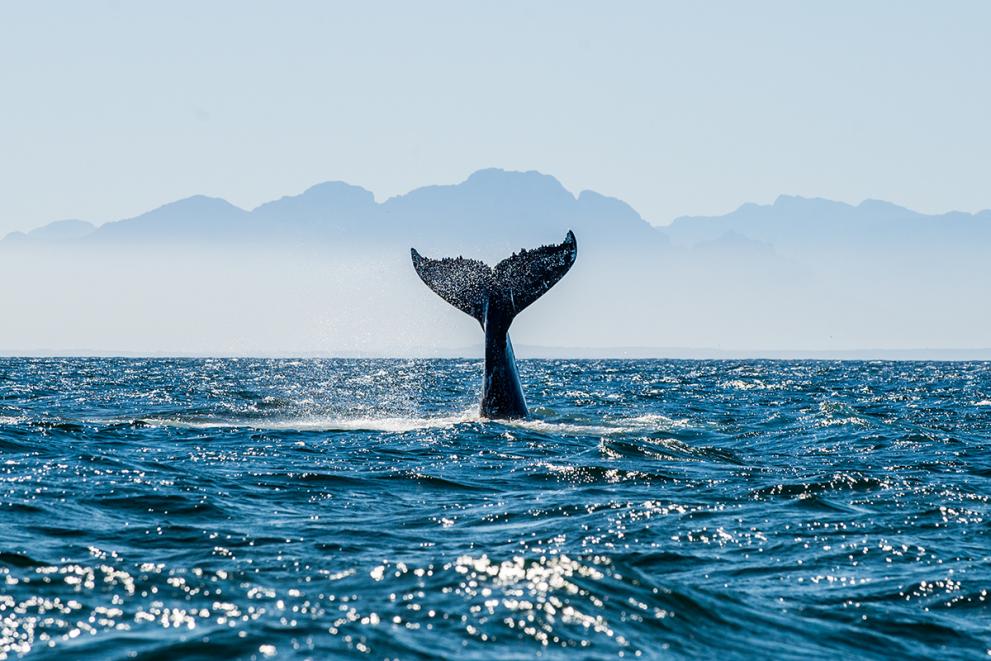The European Union (EU) and the Organisation of African, Caribbean, and Pacific States (OACPS) has welcomed last month’s signature of the BBNJ agreement (biodiversity beyond national jurisdiction), also known as “Treaty of the High Seas”.
This agreement is key to protect the ocean, promote equity and fairness, tackle environmental degradation, fight climate change, and prevent biodiversity loss in the high seas.
The adoption of this Agreement is an historic achievement marking the successful end of more than a decade of multilateral work. It is also a welcome addition to the United Nations Convention on the Law of the Sea (UNCLOS), which provides the legal framework under which all activities in the ocean take place.
The signing of the Agreement is a significant milestone for improved ocean governance towards a healthy ocean, but it requires ratification by 60 parties. Its swift implementation would open up a clear pathway for achieving multiple Sustainable Development Goals (SDGs) under the United Nations 2030 Agenda for Sustainable Development.
The OACPS and the EU are deeply concerned by the continued degradation of the Ocean caused by human activities and call for a rapid ratification and implementation to address the triple planetary crisis of climate change, biodiversity loss, and pollution, and to halt and reverse the decline in ocean health.
“We emphasise the shared responsibility for the health of the ocean and that we must act, bearing in mind that the problems faced by the ocean are intertwined and have to be tackled in a coherent, cross-sectoral and holistic manner”.
European Commissioner for Environment, Oceans and Fisheries, Virginijus Sinkevicius, said: “The treaty to protect the high seas marks a historic turning point: it will help reverse marine biodiversity loss and counter the destructive trends facing ocean health. It’s a crucial component in global efforts to bring at least 30% of the world’s sea under protection by the end of the decade, as agreed in Montreal at the Biodiversity COP15 in December 2022. So now is the time to swiftly move from commitments to action, towards its ratification and implementation.”
European Commissioner for International Partnerships, Jutta Urpilainen, said: “The health of our oceans is crucial for the health of our planet and for sustainable development. Let’s maintain the positive dynamics of our collective efforts towards adoption and signature, and take action now to ratify this much-needed agreement so that it can enter into force as soon as possible.”
The OACPS Secretary-General, Georges Rebelo Pinto Chikoti, said. “The new Treaty of the High Seas renews our hope of bequeathing a healthy ocean to the current and future generations. Its entry into force will almost certainly pave the way for its implementation which must ensure the equitable use, conservation, and restoration of biodiversity and ecosystems beyond national jurisdictions to meet the current and future needs of all peoples and places.
SOURCE: OACP/EU/PACNEWS














